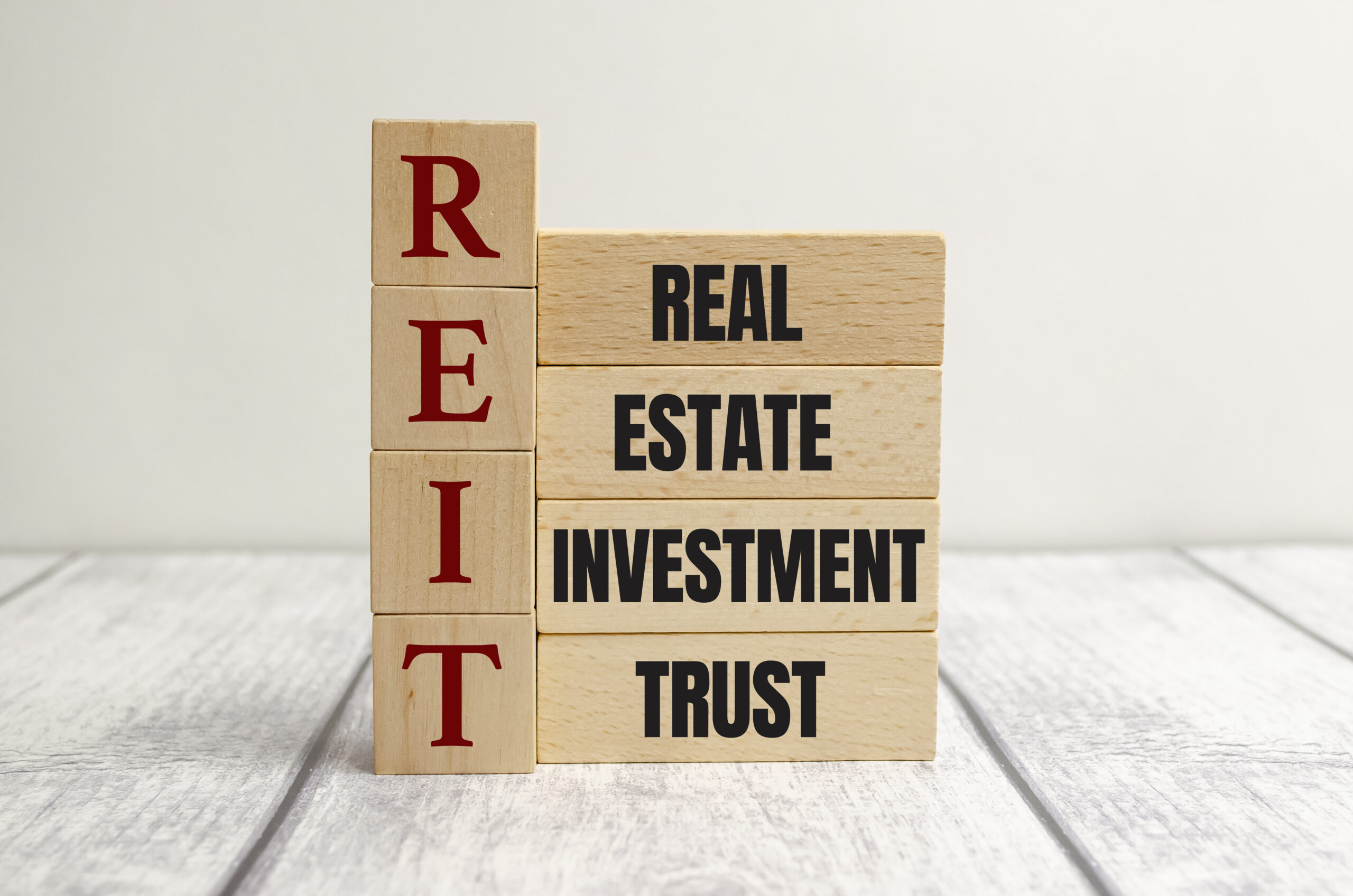Introduction
Investing in real estate is one of the most effective ways to build long-term wealth. However, successful property investment requires careful planning, market research, and a strategic approach. Whether you are a seasoned investor or just starting, understanding key factors before making a purchase can significantly impact your returns.
1. Location, Location, Location
The location of a property plays a crucial role in its value and profitability. Consider areas with strong rental demand, economic growth, and future development plans. Cities like London and Manchester offer lucrative opportunities due to high demand and continuous infrastructure improvements.
🔹 Tip: Look for areas with good transport links, schools, and amenities to attract tenants and buyers.
2. Market Trends and Economic Factors
Understanding current market trends and economic indicators can help you make informed decisions. Factors such as interest rates, inflation, and government policies on housing can influence property prices and rental yields.
🔹 Tip: Keep an eye on social housing demand, luxury real estate growth, and value investment opportunities in emerging markets.
3. Property Type and Investment Strategy
Different investment strategies suit different goals. Whether you’re investing in:
- Stable Income Properties (social housing with reliable returns)
- High-End Real Estate Developments (luxury apartments and commercial spaces)
- Value Investment Properties (below-market-value properties with renovation potential)
Each strategy offers unique benefits and risks.
🔹 Tip: Define your investment goals and choose a property type that aligns with your financial vision.
4. Financing and Leverage Options
Real estate investment often requires strategic financing. Whether through mortgages, private lenders, or leveraging existing assets, understanding your financing options is crucial.
🔹 Tip: Work with a financial advisor to explore full-value financing and customized investment loans for maximum flexibility.
5. Long-Term Profitability & Exit Strategy
A successful investment isn’t just about the purchase—it’s also about the exit strategy. Consider whether you plan to:
- Hold the property for long-term rental income
- Sell after appreciation
- Develop and resell for higher profits
🔹 Tip: Diversify your portfolio by investing in both short-term high-yield properties and long-term stable assets.
Conclusion
Investing in real estate can be highly profitable when approached strategically. By considering location, market trends, property type, financing options, and exit strategies, you can make well-informed decisions that lead to sustainable wealth creation.
At Black Book Investments, we specialize in tailored real estate strategies to help high-net-worth investors secure exclusive market opportunities. Contact us today to explore how we can assist you in building a strong and profitable property portfolio.







